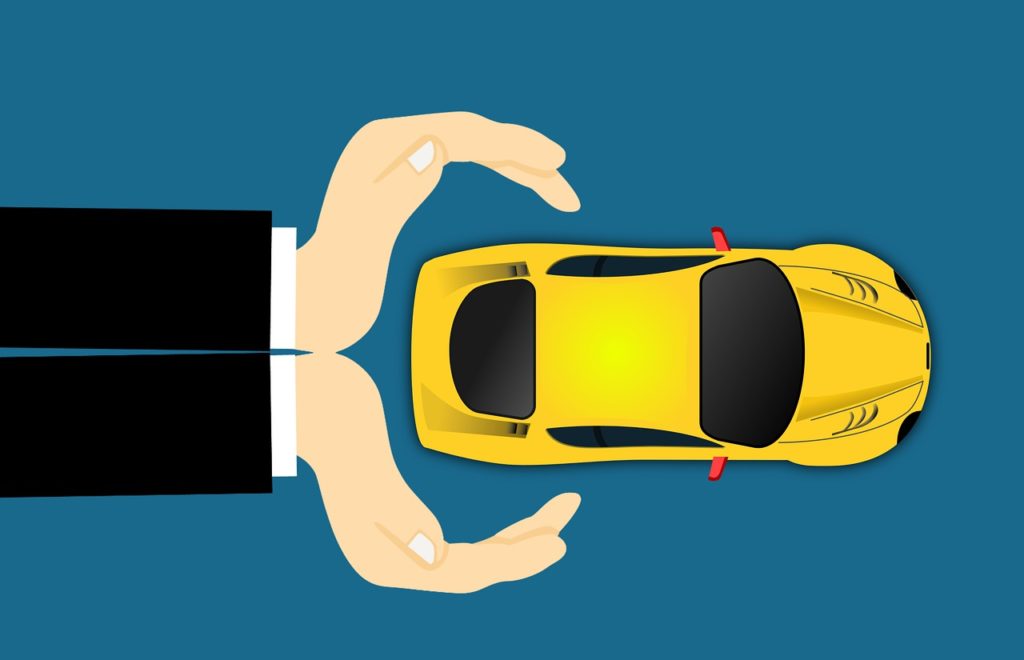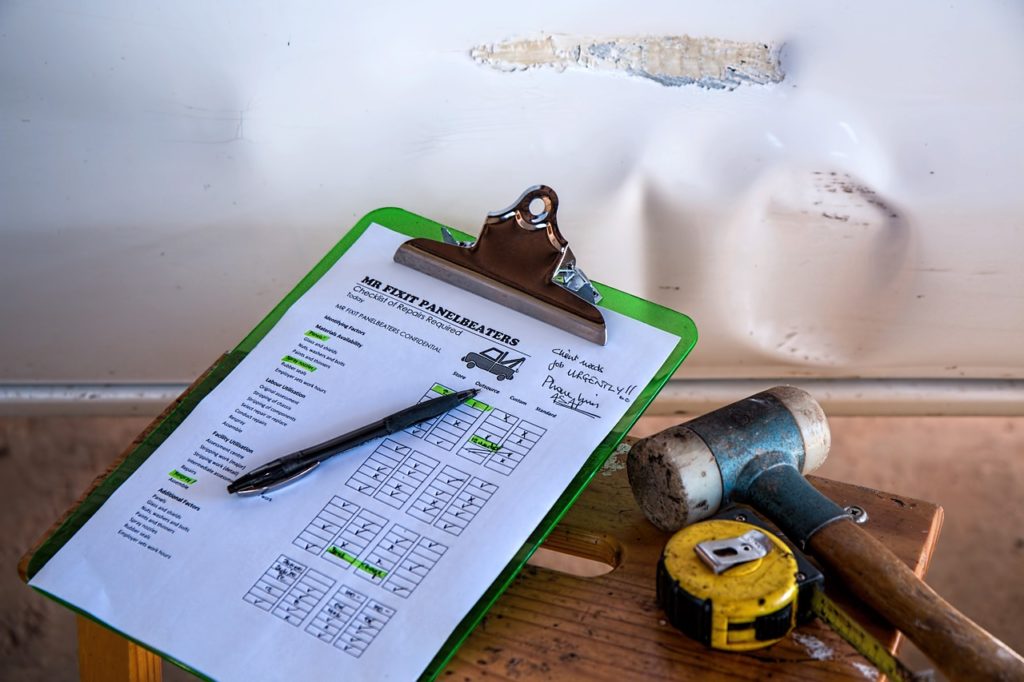It’s no secret that you’re spoilt for choice when it comes to car insurance policies. There’s a barrage of them in the market. And, trying to nail down the ideal option is much like trying to pinpoint the number of jellybeans in a jar. Do you throw in the towel and sporadically settle for the first car insurance policy limit you come across? No!
Knowledge is power! So, to eliminate the guesswork, we’ll delve into the ins and outs of choosing car policy limits that’ll aid in making an informed decision. Read on!
How to Choose Car Insurance
Below are some of the factors that you need to keep in mind as you sift through the different car limits.
1. What is your financial picture?
Before rushing to choose the first coverage limit that captures your attention, you may want to give the following financial aspects, some thought.
- Spending Allowance: The greater your car insurance policy is, the lower your deductibles are. This means you’d need to come out pocket after an accident or claim. So, it would be smart to figure out how much you can comfortably afford when choosing a car coverage limit.
- Assets: Do you have a plethora of assets under your belt? Then boosting your liability coverage might be one of the smartest financial decisions you make. Assume you’re involved in a car accident, and your liability insurance is too low to foot the costs. The other party may then decide to target your assets as a source of compensation. So, higher insurance policy limits ensure that your hard-earned assets are untouchable.
- Car Payments: As a requirement from your car leasing or loan company, collision coverage may be thrown in as part of the insurance policy. And, its policy limits tallies with the car’s value. Therefore, you’ll just need to decide on your deductible coupled with the gap coverage, to avoid the nightmare of paying for a car you no longer drive.
2. What type of driver are you?

This entails assessing:
- Driving Ability: How is your driving record? Are you a cautious driver with barely a blip on your record? If so, then a lower car insurance policy limit is right up your alley. But, on the flip side, if you’re at times a bit reckless on the road, then higher coverage is ideal because it blankets you with additional protection.
- Type of Car: New cars usually gain from car insurance policies like collision and comprehensive coverage. However, driving an older car means you’d shoulder most of the cost.
- Driving Habits: Do you work from home and only use your car once a week to run a few errands? If so, then choosing the lowest car insurance policy limit and taking advantage of low mileage discounts, is a smart move. However, if you drive through city traffic, then it would be wise to up your policy limit.
3. Where do you live?
Residing in the big city elevates your chances of being involved in a car accident, as opposed to living in a rural area. Moreover, your car is more susceptible to vandalism, collision, or theft, if you live in a crowded apartment or street. So, these are valid reasons to choose higher car insurance policy limits.

4. Are You Liquid?
If you have a boatload of funds in your bank account, then you can comfortably foot exorbitant and unpredicted costs after a car accident. So, settling for lower limits implies that you can assume more of the risk whenever you’re behind the wheel. But, most of us don’t have emergency funds lying around. Therefore, paying higher premiums for higher policy limits to offer elevated financial protection if you’re in a car accident, is a smart move.
How Much Car Insurance Do You Need?
To answer this question, when choosing car insurance policy limits, you’ll need to take into consideration the three most essential types of coverage that you can’t afford to forego.
1. Liability Coverage
While it doesn’t offer protection for you or your car, it goes a long way in protecting your wallet. So, if you’re involved in a car accident and you’re at fault, then liability coverage swoops in to cater to the other driver’s costs that would otherwise fall on your shoulders.
So, what’s the right amount of liability insurance to have? Ideally, at least $500,000 should suffice. This encompasses property damage coupled with bodily injury liability. Without this coverage, you may find yourself swimming in a sea of debt to foot the other driver’s car medical bill and car damage costs. So, regardless of the type of car you own, liability coverage is a must-have.
2. Comprehensive Coverage

Do you recall that hail storm that quite literally left a mark on the hood of your car? What about the time your car wasn’t where you parked it because someone else sneakily claimed it as theirs? Well, even if you haven’t faced these predicaments, comprehensive coverage has your back. So, whether your car faces damage from natural disasters or, worse still, gets stolen, this coverage is your saving grace. What’s even better is that it’s just as affordable as liability insurance, so it’ll come in handy whether you’re driving a new car or a beater.
3. Collision Coverage
Whether it’s the ice that makes your car rollover or you hit the brakes a second too late, the truth is accidents happen. But, the good news is, regardless of who is at fault, collision coverage swoops in and saves the day. It foots collision repairs. What sets it apart from liability coverage? The answer is simple. Liability insurance is only effective if the other driver has enough of it to cater to the damage costs.
Assume your car is wrecked in an accident that’s your fault. The other driver’s liability coverage (with the assumption that they even have it) won’t cater to your car repair costs because they’re not liable. Without collision coverage, you’d have to come out of pocket to do the car repairs or even buy a new one if it’s too damaged.
While it’s tempting to skip out on this insurance in a bid to save money, can you afford to? No! However, if you plan on retiring your beater to the junkyard and have enough funds to buy a new car, then skipping out on collision coverage may be a wise decision.
But, as they say, knowledge is power! So, before hastily making a decision, consult a reputable insurance agent to find out if you’re better off with or without collision coverage.
How to File a Car Insurance Claim
Auto insurance claims foot the damage costs after you’ve been involved in a car accident. So, knowing how to go about the process (as discussed below) is important.
1. Contact the Police
It’s inevitable to be shaken up after being involved in a car accident. And, you may not be in the right frame of mind to assess the incident. So, a witness on the scene can contact the police on your behalf. They’ll then pen down the details in the police report, which will come in handy when later on filing your insurance claim.
In a scenario where the other driver becomes difficult, the officer will be there to guarantee your safety. And, they’ll ensure paramedics coupled with emergency services are there to handle injuries and contain dangerous situations that can potentially spiral out of control, like leaking fuel.
2. Gather Information on Your Car Accident
Armed with all the nitty-gritty details of your accident will aid in keeping track of what’s required to file your car insurance claim. So, without them, getting the much-needed compensation from your car insurance company becomes an uphill battle.
3. Contact Your Insurance Company
At the scene of the accident, get in touch with your insurance company once it’s safe to do so. They’ll then shed light on the essential information they require from you. And, depending on your policy limit, your insurance company can make arrangements for your car to be towed and have a rental car you can use meanwhile. Upon filing a claim with your insurer, an adjuster will be assigned to your case.
4. Issues with Your Claim
Your insurance company is meant to be your saving grace when you’ve been involved in a car accident. So, you’re entitled to expedient and fair claims. But, like everything else in life, it’s not always smooth sailing. Some issues with insurance claims can be ironed out with good old communication with your claims adjuster.
However, if you’re not making any headway, then it may be time to lawyer up. A competent attorney will swoop in to rectify any car insurance claim issues you have. And, they can even aid in filing a complaint with your insurer.
What to Do When You Get A Low Car Insurance Settlement Offer
At first, you’re beaming with joy after getting a much-anticipated settlement offer from your insurance company after your accident. Then, you realize it’s too low, and your heart sinks with disappointment. But, chin up! You can turn things around with the following steps.

1. Assess the offer:
The low settlement offer may be due to a myriad of reasons. So, by assessing it, you’re able to understand it better and craft an excellent written response, with the help of an attorney. This elevates your likelihood of negotiating and winning a higher settlement.
2. Craft and submit a formal response:
It paves the way for you to craft the psychological and emotional aspects of your claim that are usually overlooked in the initial settlement demand letters.
3. Make a counteroffer
Instead of simply turning down a low car insurance settlement offer, respond with a counteroffer, if you hope to make any headway. They may luckily accept your counteroffer or keep the negotiations going with another. The tedious back and forth may continue until you and your insurance reach a consensus.
4. File a Lawsuit
With the settlement offer falling below your expectations and you’re not making headway with the counteroffers, then it’s time to raise the stakes by filing a lawsuit. This doesn’t mean that the ongoing negotiations have come to a halt.
It’s a way of compelling the insurance company to up the settlement offer to your preference. So, armed with a topnotch lawyer, the claims adjuster may suddenly become more reasonable. This is fueled by the grim reality of accruing court case expenses coupled with the possibility of the ruling being against them.
What to Do When Insurance Claim Exceeds Policy Limits
To collect injury compensation that stretches beyond the limit of the at-fault driver’s insurance policy, the victim has limited options.
For starters, if the victim has underinsured motorist insurance. So, a qualified lawyer can make additional claims through the victim’s car insurance. The goal is to secure extra compensation that surpasses an at-fault driver’s insufficient bodily injury liability coverage.
Secondly, if the injured victim lacks underinsured motorist coverage, then they’ll go after the at-fault driver’s assets in a bid to receive much-needed compensation. However, this can be an uphill battle if the at-fault driver’s assets are insufficient to pay full compensation. And, if the guilty party declares bankruptcy after a court ruling, then the victim can’t receive any further compensation.
So, will car insurers pay more than the given policy limits? The answer is an unambiguous, ‘No!’ These policies are contracts. Therefore, insurers are under no obligation to foot the costs for damages and injuries that exceed the policy limits you chose. There are instances where insurers drop the ball and have to face the music when they’re slapped with a bad-faith lawsuit.
Car Accident Lawyer vs. Insurance Company Lawyer
Picture this: You’re the at-fault driver, and the other party files a personal injury car accident lawsuit against you. You then question, “Should I call my insurance or a lawyer?”
Your insurance company lawyer will step in to defend your case in court. However, if the shoe is on the other foot and you want to file a claim for damages and injuries incurred, then you’ll need to come out of pocket and hire a car accident lawyer.
Better Safe than Sorry
Regardless of how skilled you are behind the wheel, accidents can and do happen in the blink of an eye. So, taking precautions is necessary. Car insurance limits allow you to tailor your policy to protect your hard-earned assets and give you much-needed peace of mind.
Need legal advice? Our experts are here to help!
